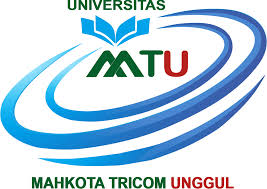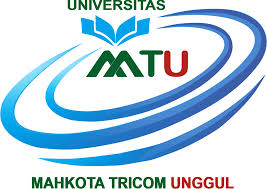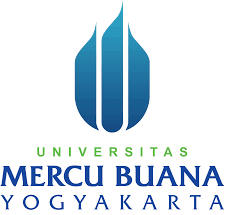Exploring Indigenous Knowledge Systems in Sustainable Agricultural Extension Practices
DOI:
https://doi.org/10.55927/fjst.v4i9.218Keywords:
Local Knowledge, Agricultural Extension, Sustainable Agriculture, Agribusiness, Local WisdomAbstract
This study explores the role of local knowledge systems in enhancing sustainable agricultural extension practices by linking local wisdom, innovation adoption, and agribusiness sustainability. Using a mixed methods approach with interviews, focus group discussions, and surveys, findings reveal that traditional practices—such as season-based planting, soil management, and water conservation—remain highly relevant for production sustainability and improve the effectiveness of extension when integrated into learning materials. The study concludes that combining local wisdom with modern extension approaches strengthens sustainable agribusiness theory and offers practical implications for participatory, adaptive, and context-based extension models.
References
Altieri, M. A., & Nicholls, C. I. (2020). Agroecology and the emergence of a post-COVID-19 agriculture. Agriculture and Human Values, 37(3), 525–526.
Cavieres, T., Vargas, R., & Smith, L. (2024). Indigenous knowledge and food security in smallholder farming systems: A global review. Journal of Rural Studies, 105, 12–23.
Cook, B. R., Satizábal, P., & Curnow, J. (2021). Humanising agricultural extension: A review. World Development, 140, 105337.
Creswell, J. W., & Creswell, J. D. (2021). Research design: Qualitative, quantitative, and mixed methods approaches (5th ed.). SAGE Publications.FAO. (2024). Indigenous Peoples’ food systems: Transforming global food systems.
Food and Agriculture Organization of the United Nations.
File, J., & Nhamo, G. (2023). Mainstreaming indigenous knowledge into agricultural innovation systems for sustainability in Sub-Saharan Africa. Sustainability, 15(4), 3456.
Frontiers in Climate. (2022). Indigenous knowledge in climate adaptation and mitigation. Frontiers.
Guetterman, T. C., & Fetters, M. D. (2022). Two-step mixed methods: A methodological approach. Journal of Mixed Methods Research, 16(3), 280–295.
Kiptot, E., & Franzel, S. (2021). Farmer-to-farmer extension: Opportunities for enhancing performance of agricultural extension in Africa. World Development, 146, 105607.
Malapane, N., Moyo, B., & Phiri, A. (2024). Indigenous knowledge systems and agricultural sustainability: Insights from Southern Africa. Land Use Policy, 136, 106084.
Nettle, R., Lamprinakis, L., & Klerkx, L. (2024). Designing future agricultural extension: Co-innovation and systems approaches. Agricultural Systems, 212, 103697.
Nnadozie, R. C., Akinyemi, B. E., & Ogu, C. C. (2024). Integrating indigenous knowledge and modern practices for resilient agricultural systems in Africa. Journal of Agricultural Education and Extension, 30(2), 215–231.
Nyong, A., Adesina, F., & Osman-Elasha, B. (2021). The value of indigenous knowledge in climate change adaptation. Climate Policy, 21(7), 867–879.
Sharma, P., & Singh, R. (2022). Blending indigenous knowledge with modern agricultural practices for sustainable farming. Sustainability, 14(19), 12345.
Suryana, A., & Hidayat, R. (2023). Integrating indigenous knowledge in agricultural extension: Lessons from Indonesia. Journal of Agricultural Extension and Rural Development, 15(5), 67–77.
Teshome, A., Alemu, T., & Demissie, G. (2021). The role of indigenous knowledge in sustainable agricultural extension: Evidence from Africa. International Journal of Agricultural Sustainability, 19(6), 725–740.
Downloads
Published
Issue
Section
License
Copyright (c) 2025 Dance Tangkesalu

This work is licensed under a Creative Commons Attribution 4.0 International License.


































